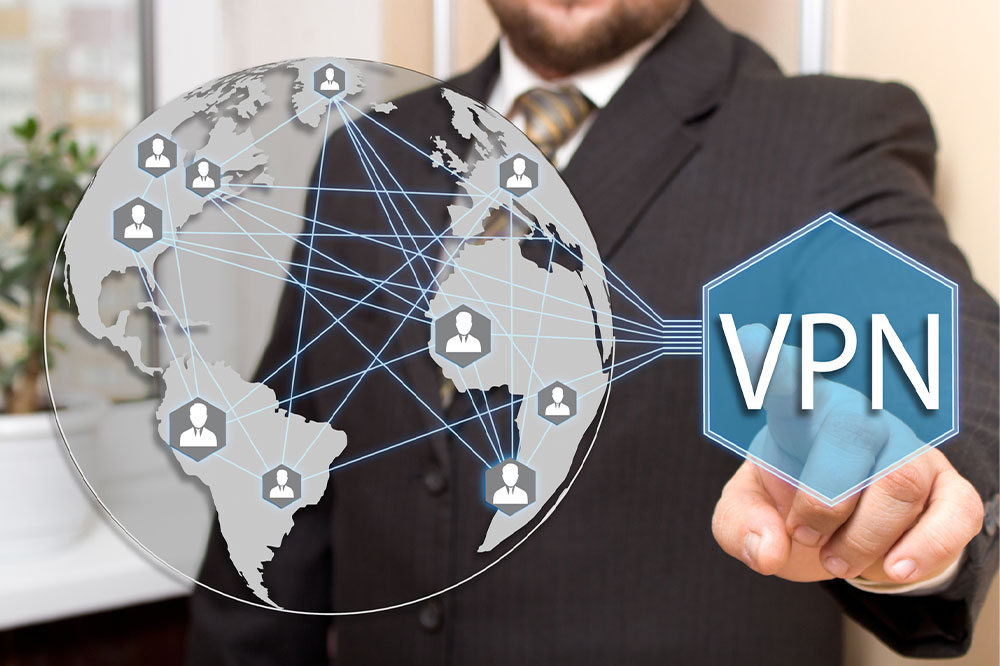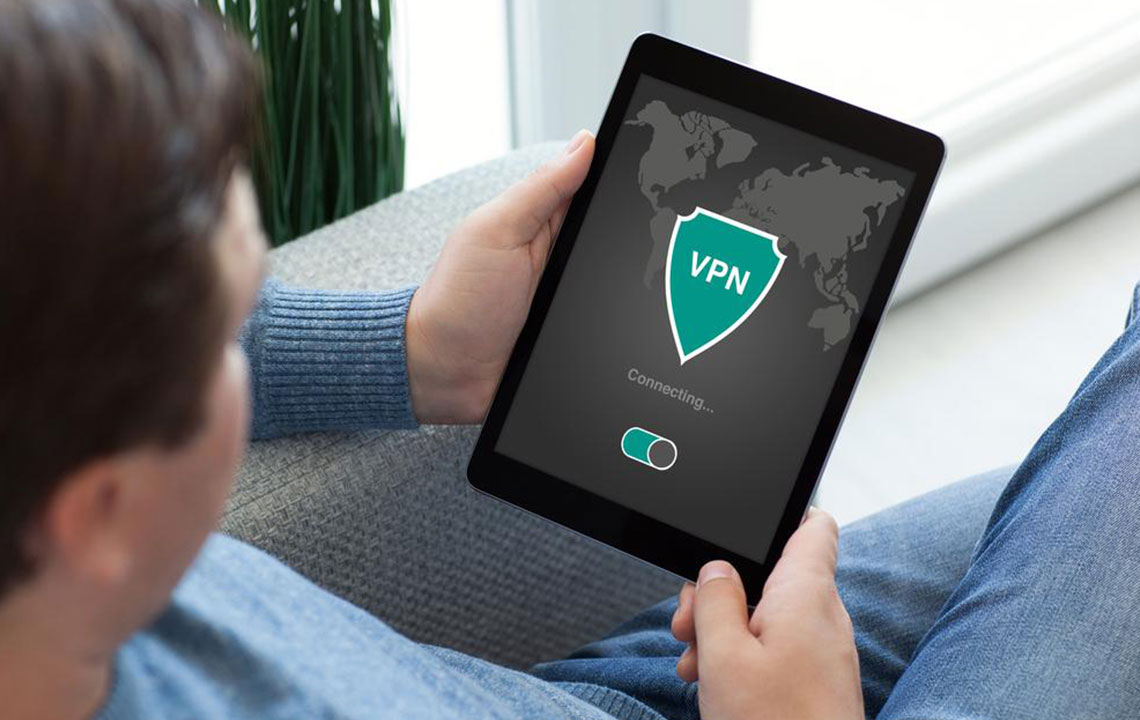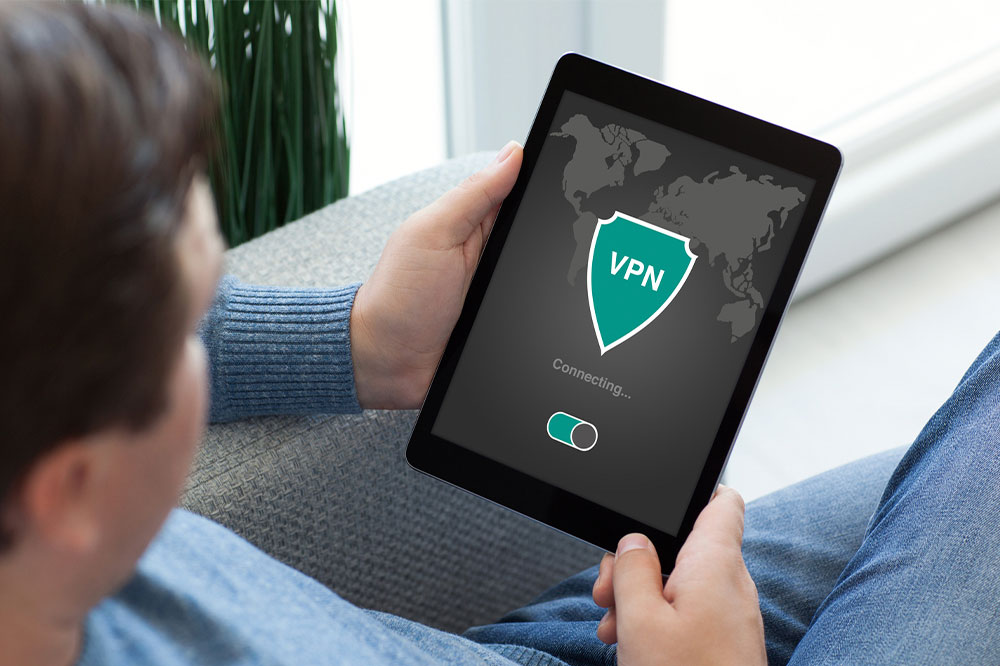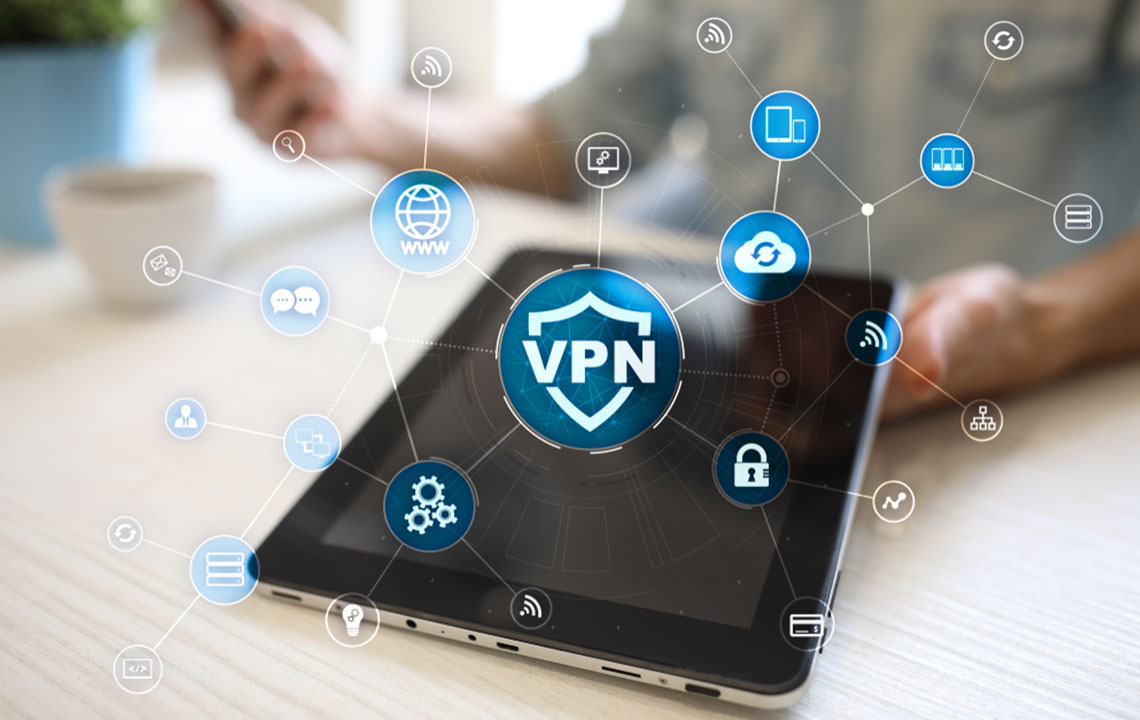Comprehensive Guide to Selecting the Best VPN for Enhanced Privacy and Security
Learn how to select the best VPN for optimal online privacy and security. This comprehensive guide covers detailed criteria including security protocols, privacy policies, connection types, usability, and avoiding unreliable providers. Equip yourself with the knowledge to protect your digital footprint effectively whether for personal use or business needs, ensuring secure, private, and unrestricted internet access.
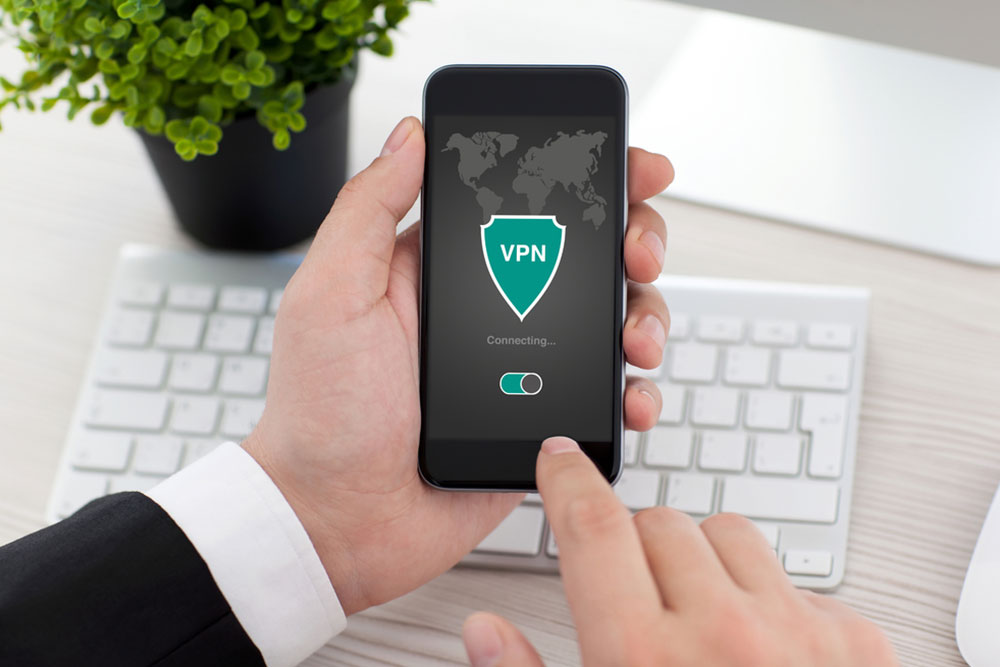
Comprehensive Guide to Selecting the Best VPN for Enhanced Privacy and Security
In an era where digital privacy and online security are more critical than ever, choosing the right Virtual Private Network (VPN) has become a vital step for both individuals and organizations. VPNs serve as a secure gateway, encrypting your internet traffic and establishing a private tunnel through which your data travels, shielding it from hackers, government surveillance, and intrusive trackers. Whether you're aiming to browse privately at home, secure your business operations, or access geo-restricted content, selecting an optimal VPN requires careful consideration of various features and attributes.
This detailed guide aims to walk you through the essential aspects of choosing a top-rated VPN, helping you secure your digital footprint effectively. We will explore security protocols, connection types, privacy policies, user interface, bandwidth limits, and tips to avoid unreliable providers—tools and knowledge necessary for making an informed decision.
Understanding Security Protocols and Encryption Standards
At the heart of any VPN service are its security protocols and encryption standards. These determine how securely your data is transmitted over the internet and whether your connection is shielded from prying eyes. Reliable VPNs utilize advanced tunneling protocols to ensure both speed and security.
For instance, PPTP (Point-to-Point Tunneling Protocol) is one of the oldest VPN protocols; it provides decent speed but has known vulnerabilities, making it less ideal for security-conscious users. In contrast, OpenVPN stands out as one of the most robust options, offering strong encryption, flexibility, and compatibility across various devices and platforms. OpenVPN employs open-source encryption algorithms, making it transparent and regularly audited to ensure security.
More recent protocols like L2TP/IPsec and IKEv2/IPsec also offer strong security features, suitable for mobile devices and remote work scenarios. It’s advisable to prioritize VPNs that support these modern protocols, ensuring both safety and performance.
Types of VPN Connections: Home, Business, and Cloud Access
Choosing the right VPN also depends on your specific use case. For residential and small office setups, a VPN router equipped with built-in VPN support can provide coverage for all connected devices, simplifying management and enhancing security across your entire network.
If your work involves cloud-based applications or remote access to company resources, look for VPN providers that offer dedicated cloud VPN services. These solutions provide seamless connectivity, high-speed access, and enhanced security for remote employees or devices connecting from different locations.
Additionally, for organizations needing scalability and enterprise-grade security, business VPN solutions with centralized management and advanced access controls are recommended. These services often include features such as multi-factor authentication, dedicated IP addresses, and integration with existing security infrastructure.
Prioritizing Privacy Policies and Data Handling
One of the most critical aspects when selecting a VPN service is understanding its privacy policy. The best providers practice a no-logs policy, meaning they do not keep records of your browsing activities, connection timestamps, or other identifiable data. This commitment to privacy assures users that their online behavior cannot be traced or sold to third parties.
Moreover, consider the jurisdiction under which the VPN operates. Countries with strong data privacy laws or those outside surveillance alliances like the Five Eyes, Nine Eyes, or Fourteen Eyes are preferable. Servers located in such regions reduce the risk of governmental or third-party data requests that could compromise your anonymity.
User Interface, Compatibility, and Ease of Use
An intuitive, user-friendly interface enhances your experience with a VPN application, especially if you’re not tech-savvy. Most reputable VPN providers offer apps for Windows, macOS, Linux, Android, and iOS, with straightforward setup guides and simple controls.
Support for simultaneous multi-device connections is also vital, allowing you to secure your smartphone, laptop, tablet, and even smart home devices under one account. Look for VPN services that support easy switching between servers and protocols, providing flexibility for different browsing needs.
Bandwidth, Speed, and Data Usage Limits
Usage efficiency is crucial for a smooth browsing experience. Many free VPNs impose bandwidth restrictions, suffer from throttled speeds, or limit data usage, which can be frustrating during streaming, downloading, or remote work.
Opt for VPN providers that offer unlimited bandwidth or high data caps, ensuring uninterrupted access to content and services. Providers with extensive server networks often deliver better speeds, lower latency, and more options to choose servers in various locations, improving both security and performance.
The Risks Behind Free VPN Services
While free VPNs might seem attractive, they often come with hidden costs. Many free providers monetize user data, display invasive ads, or lack robust security features, making them unreliable for serious privacy needs. Some even silently log your activities and sell that data to third parties, defeating the purpose of a VPN.
For reliable security and privacy, investing in reputable paid VPN services—typically costing around $10 per month—is advisable. Annual plans often come with discounts, enabling cost-effective, long-term protection.
Identifying and Avoiding Malicious or Fake VPN Providers
The VPN industry is not immune to scams and malicious actors. Phony VPN services can infect your device with malware, steal personal information, or compromise your system security. Therefore, thorough research and selecting well-known, trusted providers are crucial steps in your VPN journey.
Look for reviews from reputable sources, industry certifications, and a transparent privacy policy. Established providers often have a track record of reliable service, dedicated customer support, and ongoing security updates, ensuring peace of mind when securing your online activities.
In conclusion, choosing the right VPN involves evaluating security protocols, connection types, privacy policies, usability, speed, and trustworthiness. By carefully considering these factors, you can ensure your online interactions remain private, secure, and free from unwanted surveillance or interference.
Understanding how to select a top-rated VPN equips you with the knowledge to safeguard your digital presence comprehensively. Whether for personal privacy or business security, the right VPN can make a significant difference in maintaining control over your online world, allowing you to browse, stream, and work with confidence and peace of mind.

